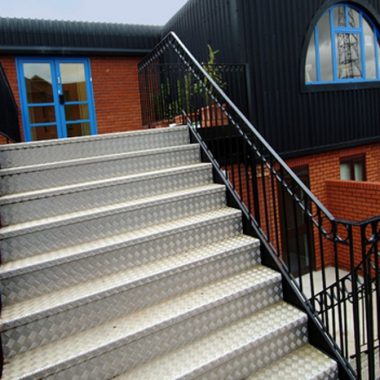Dilemma: Retiring partner won’t sell up

Dr John Allingham: Appeal to the colleague´s good nature

Unless there is provision in the partnership agreement there is no way of insisting a retiring partner sells. With low interest rates, current market rent paid to a premises owner probably represents one of the best investments available.
However, appealing to the colleague’s good nature and highlighting the benefits of selling in a rising market together with the opportunity for the practice to go forward with its working owners might help.
There are disadvantages to the partner keeping hold of the premises. The retiree will remain responsible for insurance and maintenance costs that may erode his profit margin as the building ages.
Also when selling a business asset there is relief on capital gains tax which is lost or reduced if the building is part of a personal property portfolio so there could be an inheritance tax liability for the retiree’s family on an asset they may struggle to sell as part owners.
If persuasion does not work then the practice could consider all the other partners selling a proportion of their share to the new recruit creating equal ownership in the working team.
The practice should use this as an opportunity to redraft the partnership agreement to ensure this does not happen with the next retirement.
Dr John Allingham is a GP in Dover and medical secretary of Kent LMC.
Dr Harry Yoxall: Bring in an accountant to offer advice

The most important thing is never to let yourselves get in to this position in the first place. Potential disagreements like this should be anticipated in your deed, and certainly any partnership agreement drawn up by a solicitor with specialist knowledge of general practice will specify exactly how property ownership is dealt with when an equity partner leaves.
However, all is not lost. Although there are benefits in the property owning partnership and the NHS contracting partnership being the same, this is not a requirement. It is tedious but not complicated to separate the two, and if the retiring partner insists on keeping a property share that is what you will have to do.
It would certainly be worth exploring with him or her why they are taking this position and, perhaps, arranging for the practice accountant to offer specific advice as in the current climate most retiring partners are happy to take their capital out of the business on leaving.
It may also be possible to reach a compromise on a future date for a sale, which will help with future planning, but a property partner with no interest in the business of the practice itself is unlikely to be prepared to commit to building development investment which may need a long time to generate a return on the bricks and mortar alone.
Dr Harry Yoxall is medical secretary of Somerset LMC.
Phil Harnby: Distinguish the medical partnership from the property partnership

This is a difficult situation that could result in some significant practice issues. Recruiting a partner is hard enough without disenfranchising your new colleague before their first day.
As with all disputes your first port of call should be the partnership agreement, assuming of course there is one (if there is no formal agreement, this is a good example of why you need one). You may well find this issue is covered in the agreement and the retiring partner will be forced to sell their share.
Failing this, it may be worth explaining to the departing partner how things must work moving forward. Legally there are now two separate partnerships, the medical practice and a property partnership. Both partnerships will need separate partnership agreements and a lease will need to be drawn up between them. The reason behind the lease is simple; who is responsible for what? For example if the boiler breaks down who has to pay for the repairs and if there is a drop in notional rent who suffers?
The lease will trigger complex issues relating to entrepreneur’s relief and stamp duty land tax, which will need careful consideration before any decisions are made. After all of this is explained, the retiring partner may simply want to sell their share.
Phil Harnby is a manager in the healthcare group at RMT Accountants & Business Advisors Limited, a member of the Association of Independent Specialist Medical Accountants









